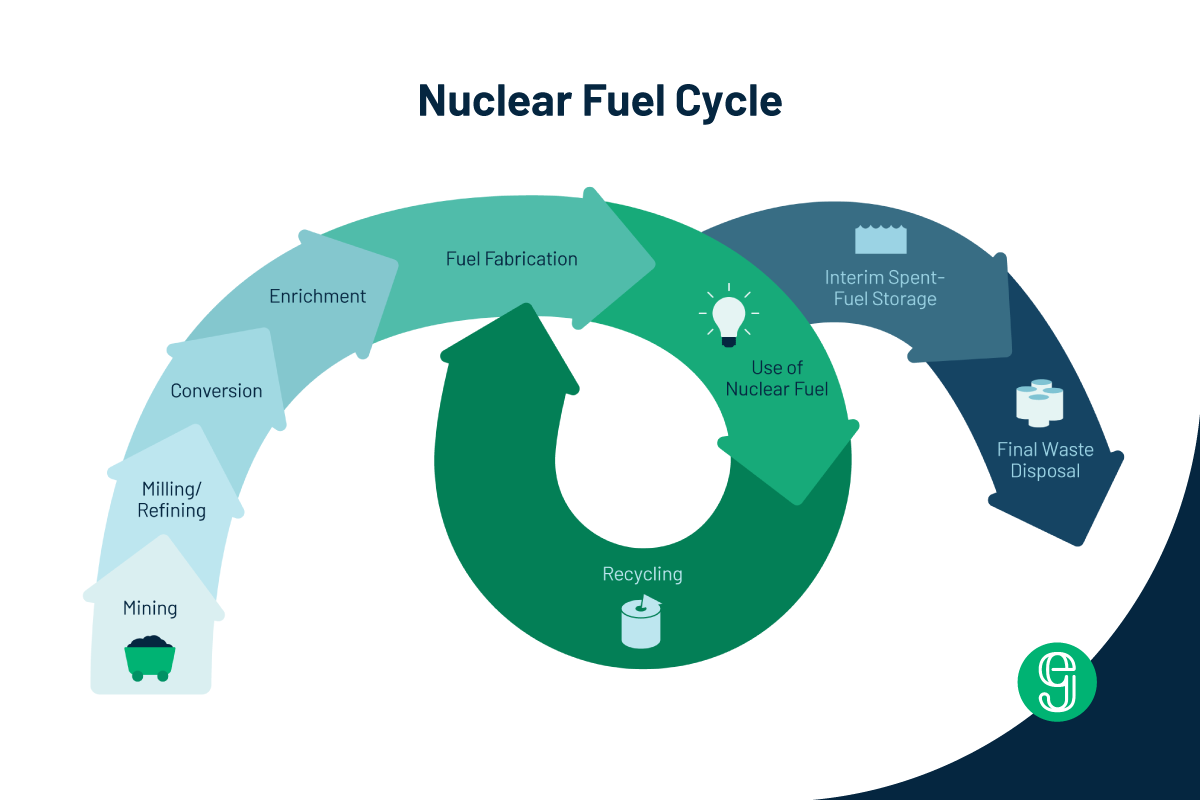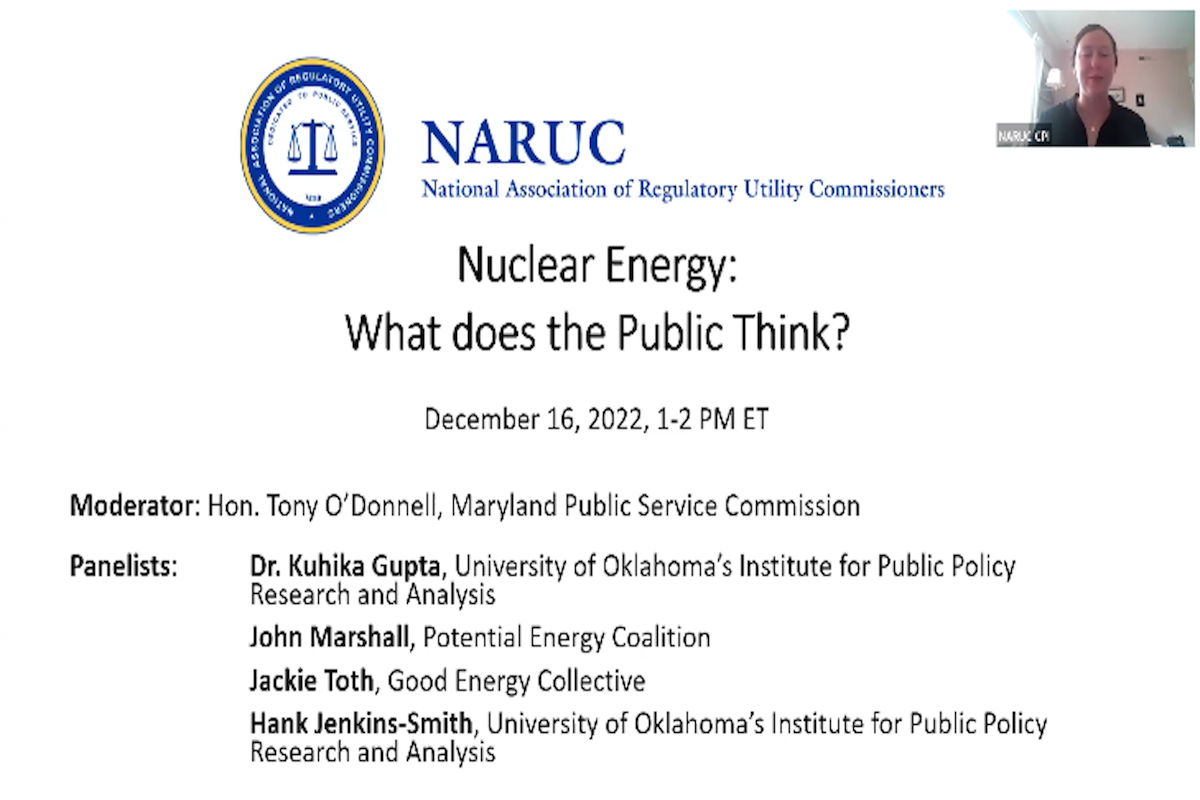"It’s inspiring to see voters across our country rewarding the passage of monumental climate legislation in the midterms."

Attribution-Share Alike 4.0 International license; photo credit: Jessica Rodriguez Rivas via Wikimedia Commons.
We're excited that the midterm elections yielded important progressive victories and validated the Biden administration's focus on a just transition. But we’re also clear-eyed about the change in political environment we’ll be encountering in January.
With the Senate in Democratic hands, Congress will be unlikely to reverse the administration’s key environmental initiatives or the Inflation Reduction Act’s climate and justice programs. But the flip of the House adds new hurdles to the passage of additional robust funding for these issues.
Environmental justice can be a bipartisan issue. As our Policy Analyst Cleo Schroer has mapped, environmental justice communities are everywhere — in red, blue, and purple places. Justice40 is about supporting families around the country that face more than their share of environmental harms and burdens, from redlining and exposure to pollution to unaffordable electricity. In 2023, we plan to engage and educate conservative House offices on how the communities they represent can indeed benefit from the equity-focused programs and initiatives the government oversees.
With a split Congress, we expect nuclear energy policy to be very much on the table next year. Nuclear innovation policy has significant bipartisan support, but social policy for nuclear is often neglected (enter Good Energy!). The House in particular will need our attention: Rep. Jeff Duncan (R-SC) is early out the gate charting a course for nuclear in the new year that focuses on the financial, regulatory, and fuel components of nuclear, but not the processes for siting of new reactors or engaging communities on new projects. Republicans will be floating an energy package early next year primarily focused (wrongly) on permitting reform and loosening restrictions on mining. They’ll be unlikely to advance a deregulatory agenda by the Democratic-majority Senate, but we’ll be engaging both chambers and parties on progressive-with-a-small-”p” policies to ensure any legislation that moves doesn’t neglect the public’s rights to a healthy environment, just processes, and equitable outcomes. We anticipate that a subset of our policy agenda — focused on empowering local decision-making and authority, solving the waste stalemate, and reinvigorating coal communities, for example — will continue to have appeal across the political spectrum.
It’s easy to get disheartened when thinking about the scale of change our world needs. When the U.S. and the world should be reducing emissions, countries are instead planning new fossil fuel projects to insulate themselves from reliance on Russian energy supplies. COP27 ended without a global commitment to phase out fossil fuels. The U.S. was an embarrassingly late hold-out on a new fund to help vulnerable countries with climate-related disaster relief, and approved the fund only after a push from environmental justice activists and progressive lawmakers and their staff. In Rep. Donald McEachin’s passing, we lost a giant of EJ thought leadership, and I hope that Congress will take up the EJ for All Act or similar to honor his memory and his passion on the issue.
I believe in the importance of Good Energy’s work to push the envelope and re-envision nuclear energy as a positive, value-affirming source of low-carbon energy. Securing a livable planet means equitably reducing emissions. Nuclear is a good tool to do that — especially if we simultaneously make inroads cleaning up contaminated uranium mines and storing or recycling nuclear waste.
It’s inspiring to see voters across the country rewarding the passage of monumental climate legislation in the midterms. We’re looking forward to the opportunity to build on that success in the new year.















































.png)























.png)






%252520(1200%252520%2525C3%252597%252520800%252520px).png)







